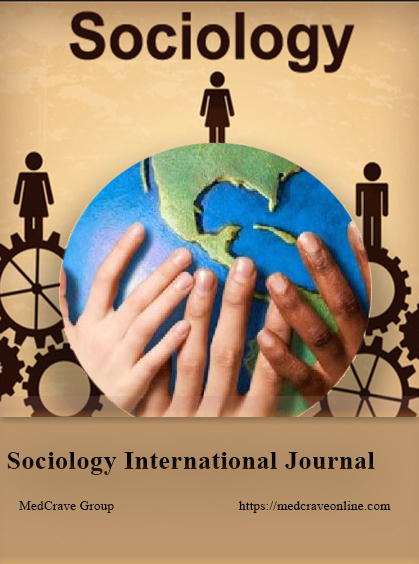Debunking the myths of the South African welfare system
Debunking the myths of the South African welfare system
Author(s): Sello Lawrence Sithole, Knightingale Lulu MmakolaSubject(s): Governance, Welfare services
Published by: MedCrave Group Kft.
Keywords: debunk; myths; welfare system; residual and institutional
Summary/Abstract: The post-Apartheid South Africa brought about changes in quite a number of areas of South African citizens’ lives. One area with discernible changes is in the domain of citizens’ welfare or wellbeing, prompting discussions and debates about whether South Africa is a welfare state or not; or if indeed South Africa is a welfare state, what kind of welfare state is it. Such questions are pertinent in making judgements about the quality of services that citizens receive from the state. But it is important to understand that social services are not delivered in a (political) vacuum. The ideology which is a system of ideas for political or social action,1 model and mode of delivery eventually impact service delivery which eventually has a direct bearing on the citizen’s quality of life. Attempts to understand the South African welfare system are conflated by the political rhetoric and clichés such as housing for all, health care for all and education for all, amongst others. These slogans sound like music to the ears of the voting masses, and could have also fuelled the #Fees must fall and Free higher education for all movement. In this paper, Wilensky and Lebeaux’s model will be used to analyse the South African welfare system and assess whether the demands and claims for a socialist welfare model is realistic and attainable.
Journal: Sociology International Journal
- Issue Year: 2/2018
- Issue No: 6
- Page Range: 484-489
- Page Count: 6
- Language: English

